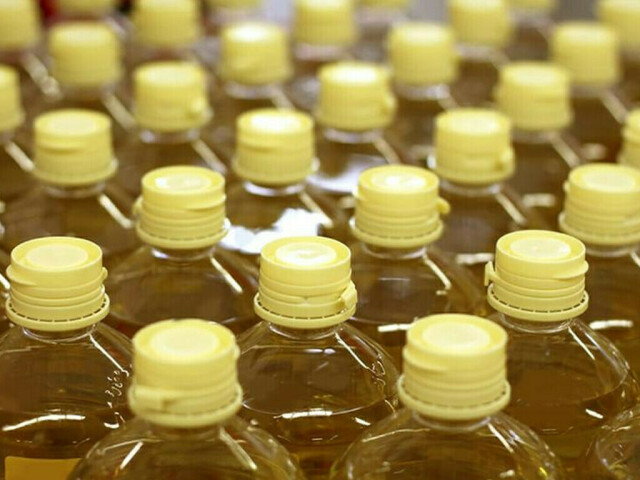KUALA LUMPUR: Malaysian palm oil futures jumped more than 4% on Monday, rebounding from last week’s losses after Russia withdrew from a Black Sea export deal, which may hurt global grain and sunflower oil supplies.
The benchmark palm oil contract for January delivery on the Bursa Malaysia Derivatives Exchange gained 186 ringgit, or 4.66%, to 4,175 ringgit ($883.50) a tonne by the midday break.
Russia on Saturday suspended participation in a UN-brokered Black Sea grain deal, after what it said was a major Ukrainian drone attack on its fleet in Crimea, dealing a blow to attempts to ease the global food crisis.
The move is likely to hit shipments to import-dependent countries, deepening a global food crisis and sparking gains in prices.
Clouds of uncertainty hover over exports of sunflower oil from Ukrainian ports, creating a potential bullish scenario for competing vegetable oils, especially soy and palm oil, said Anilkumar Bagani, research head of Mumbai-based vegetable oils broker Sunvin Group. Soyoil prices on the Chicago Board of Trade were up 2.3%.
Dalian’s most-active soyoil contract fell 0.9%, while its palm oil contract gained 0.8%. Palm oil is affected by price movements in related oils as they compete for a share in the global vegetable oils market.
Palm oil tracks rivals lower, posts 2.8% weekly drop
Officials in cities and provinces across key edible oil buyer China are pulling no punches in stamping out sporadic COVID-19 outbreaks as winter nears.
Indonesia plans to set its crude palm oil reference price at $770.88 per tonne for Nov. 1-15, deputy minister for economic affairs, Musdhalifah Machmud said on Friday, up from the current reference price of $713.89 per tonne.
Palm oil may revisit its Oct. 25 high of 4,263 ringgit per tonne, as it may have resumed its uptrend from the Sept.
28 low of 3,220 ringgit, Reuters technical analyst Wang Tao said.
Also read

Source: Brecorder




























